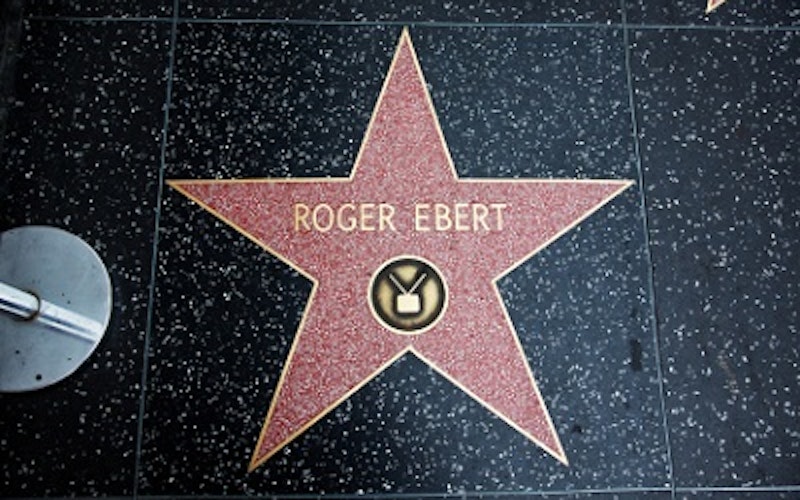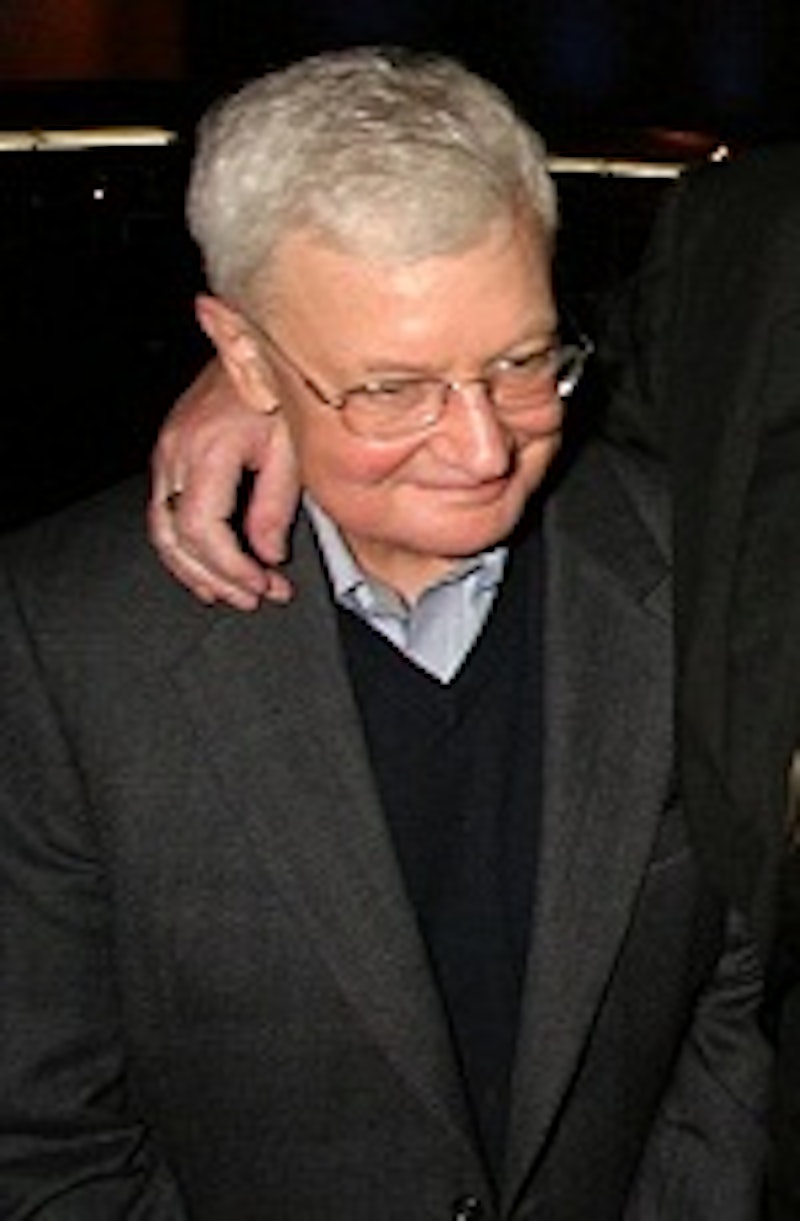
Music
Roger Ebert's religion
Editor's note: After struggling with cancer and failing health since 2002, film critic Roger Ebert died April 4, 2013, at age 70. Earlier on TC, we ran this Cathleen Falsani piece about Ebert's memoir, which included a chapter entitled, "How I Believe in God."
"The conditions of my life are precarious," film critic Roger Ebert wrote recently in a post on his online journal titled "Fall from Grace."
Ebert, 69, perhaps the pre-eminent film critic in the United States and a longtime colleague of mine at the Chicago Sun-Times, where he's been a staff writer since 1966, has been battling a series of health crises in recent years. Diagnosed with thyroid cancer in 2002, Ebert has since famously battled cancer in his salivary gland and jaw bone, undergoing grueling treatments and numerous surgeries.
While today he is, blessedly, cancer-free, he can no longer speak or eat and wears a prosthetic chin for his appearances on his television program, "Ebert Presents: At the Movies."
While his body may be weaker and his audible voice gone, Ebert's spirit is as vibrant, alive and engaged as ever. The critic is prolific, perhaps even more so since his medical battles this last decade. Most recently, Ebert, who has published more than a dozen books - not including his annual movie guides - has written a memoir titled "Life Itself." As I understand it, the book grew out of his online blog and diary and it maintains the same compelling voice, august wit, virtuoso sarcasm and exquisite writing that have been his hallmark as a critic and columnist.

He starts at the beginning with his childhood in Urbana, Ill. "I was born inside the movie of my life," he writes in the first lines of the memoir. In the last few chapters of "Life Itself," Ebert, a cradle Catholic who often invokes his childhood religious training and beliefs in his reviews - and who regularly and quite deftly writes about spiritual issues in film - turns his attention to eternal (or maybe not) matters.
The chapter "How I Believe in God," is one of the more self-aware, humble and eloquent accounts of personal belief I've ever read. Ebert is unfailingly honest, whether he's writing about a movie he hates - he famously wrote of one such film "Your movie sucks!" - world events, politics, social mores or his personal life.
"I have no interest in megachurches with jocular millionaire pastors," he writes. "I think what happens in them is sociopolitical, not spiritual. I believe the prosperity gospel tries to pass through the eye of the needle. I believe it is easier for a Republican to pass through the eye of a needle than for a camel to get into heaven. I have no patience for churches that evangelize aggressively.
"I have no interest in being instructed in what I must do to be saved. I prefer vertical prayers, directed up toward heaven, rather than horizontal prayers, directed sideways toward me," he continued. "If we are to love our neighbors as ourselves, we must regard their beliefs with the same respect our own deserve."
Ebert will not affix a label to his spirituality, instead preferring to give more complicated, more fully honest responses to spiritual questions.
"I am not a believer, not an atheist, not an agnostic," he writes. "I am more content with questions than with answers."
"Life Itself" concludes with the chapter, "Go Gently," in which Ebert contemplates what comes next, if anything. He looks forward by looking back.
"To make others less happy is a crime. To make ourselves unhappy is where all crime starts," he says. "We must try to contribute joy to the world. That is true no matter what our problems, our health, our circumstances.
"We must try," he says. "I didn't always know this and am happy I lived long enough to find it out."
Topics: Movies, Culture At Large, Arts & Leisure, Books, Theology & The Church, Faith, Theology, News & Politics, Media